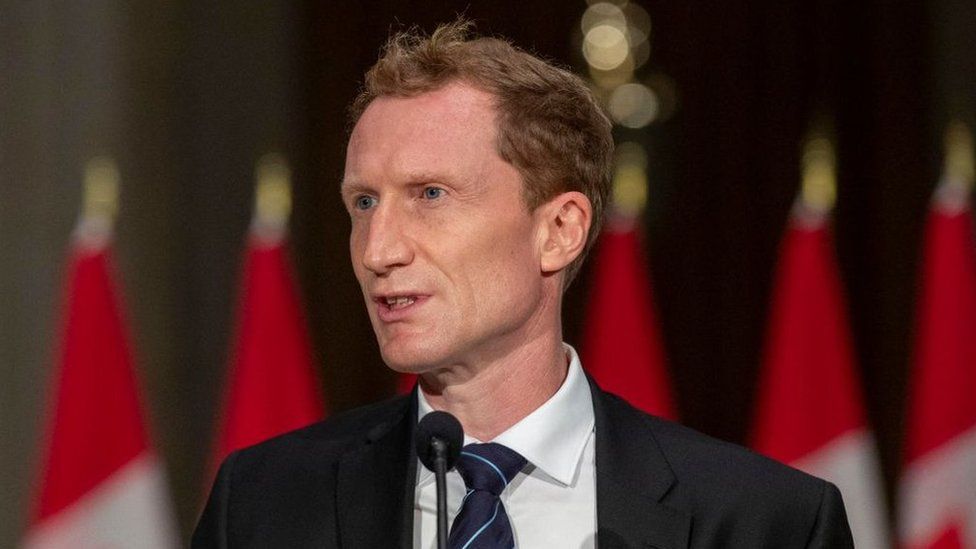-

-
-
Loading

Loading

Canada is considering imposing a limit on the number of international students it admits in response to an ongoing housing affordability crisis. Immigration Minister Marc Miller has described the current system as being "out of control." In 2023, nearly one million students were admitted to Canada, which set a record high. Meanwhile, rent in the country has increased by 22% in the past two years due to a chronic housing shortage. Miller believes that a cap on international students is necessary to reduce the demand for housing, although he did not specify the extent of reduction the government is considering. He cautioned that this measure alone cannot solve the housing crisis, which is also influenced by supply shortage, affordability issues, and rising interest rates. The housing crisis has put pressure on Prime Minister Justin Trudeau to take action, even from his political rival, Conservative leader Pierre Poilievre. Poilievre stated that more homes need to be built to accommodate the influx of people. However, imposing a cap on admissions presents a challenge for Canadian colleges and universities that rely on the higher tuition fees charged to international students for revenue. The number of foreign students admitted to Canada has surged in recent years, increasing by over 193% between 2012 and 2022. Projections show that this figure is set to climb even higher, with the immigration department estimating 1.4 million study permit applications by 2027, up from just under a million in 2023. At the same time, Canada aims to welcome 1.5 million new immigrants by 2025. While Canada has a longstanding policy of open immigration to address its aging workforce, housing affordability has become increasingly challenging. The Canada Mortgage and Housing Corporation estimates that the country requires an additional 3.5 million housing units by 2030 to restore affordability. Canada has implemented other measures to tackle the issue, including a two-year ban on certain foreigners buying homes and a $1 billion ($744 million; £585 million) Affordable Housing Fund supporting housing projects nationwide.